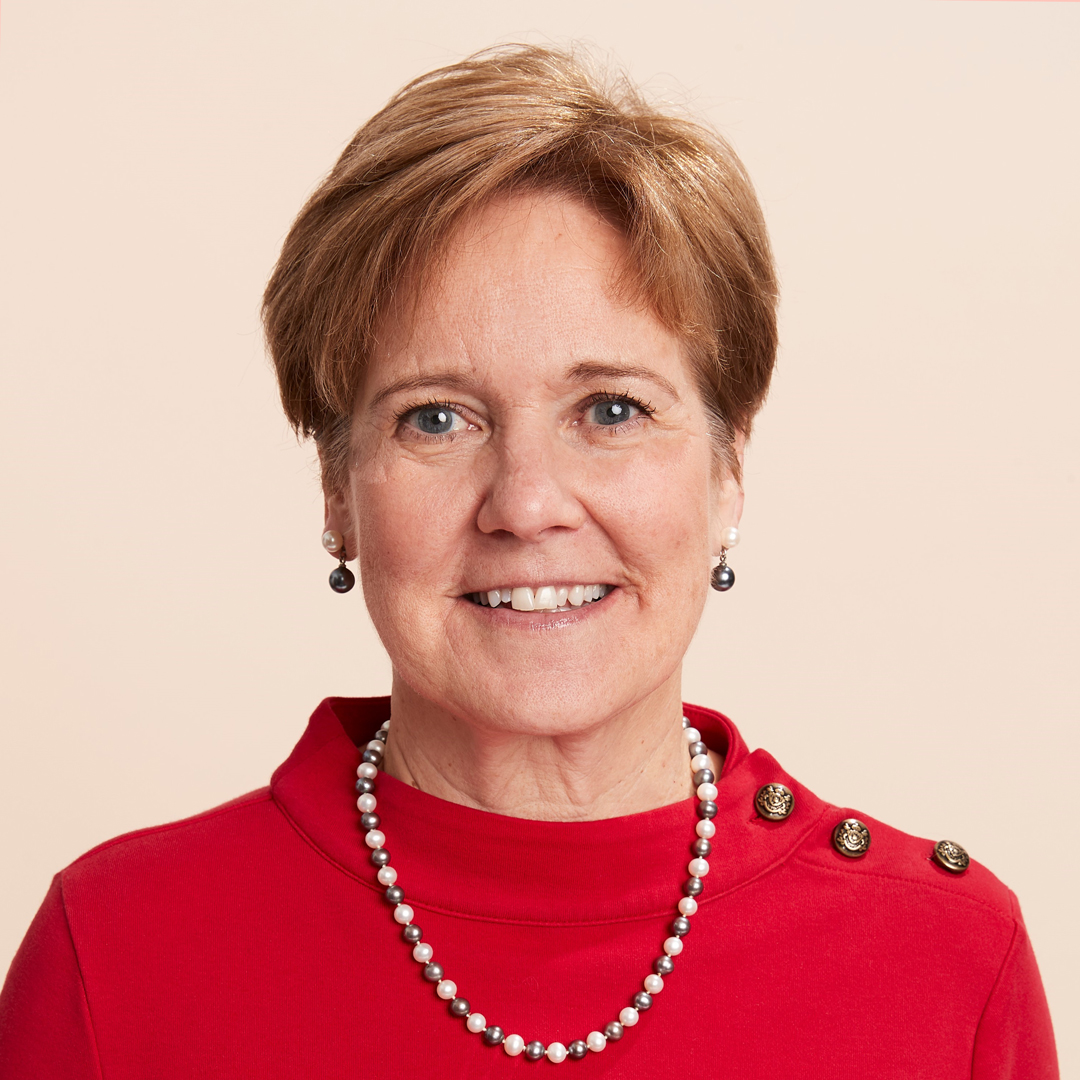Digital payments are shaking up the financial world as new non-bank financial companies compete with traditional banks. Services such as Apple Pay and Venmo challenge core financial offerings of the country’s largest banks.
In response, a consortium of seven of the largest US banks developed a new digital payments network. The result, called Zelle, debuted in 2017. The service has taken off, with more than three hundred financial institutions currently making Zelle available through their mobile apps, and consumers sending $50 billion through the Zelle Network in Q4 2019 alone, says Tracy Cheney, general counsel for Early Warning, the bank-owned company that developed and operates the Zelle Network.
Cheney is responsible for all legal matters governing Zelle and Early Warning’s other solutions. She steers the company through the uncertain path of real-time payments as regulators grapple with technological advancements. It’s a dynamic environment with great strategic opportunities for financial players and convenience benefits for consumers, but risks abound for both. Cheney’s challenge is to manage the risks and ensure that Zelle follows laws geared to make digital payments as safe as possible.

Early Warning was established in the 1990s to assist banks with deposit account fraud and risk management. The company provides solutions that allow financial institutions to share information that can prevent fraud. For instance, when a consumer applies for a bank account, Early Warning’s solutions can help the financial institution authenticate the consumer’s identity and decide whether to open the account, and which services to offer, based on any reported prior history of fraud or account mismanagement.
When person-to-person mobile payment services really took off in 2015, it made sense for the banks to turn to Early Warning to develop a safe and fast experience for customers to move money between bank accounts. After all, Early Warning already had the know-how to address the new security concerns surrounding mobile payments.
“Our strategic road map stems from common issues the banks are facing,” Cheney says. “Whether it’s fighting fraud in a certain banking channel or finding ways to reduce friction in everyday financial transactions, that’s a cue for Early Warning to take action.”
“Whether it’s fighting fraud in a certain banking channel or finding ways to reduce friction in everyday financial transactions, that’s a cue for Early Warning to take action.”
Detecting and preventing fraud is very much a moving target, as new services and features open new avenues for bad actors to steal from unsuspecting consumers. A service like Zelle is a great convenience, but if users are defrauded by scammers, it can be difficult for them to get their money back. Early Warning monitors the network in an effort to weed out such fraudsters as soon as possible.
Still, Cheney says consumers should consider services such as Zelle the same as exchanging cash. “Consumers should think of these transactions as irrevocable,” she says. “Don’t send money to people you don’t know and trust.”
Another challenge: users inadvertently sending money to the wrong account holders. To send money, Zelle users enter the recipient’s email or mobile number. If a user enters invalid or outdated recipient information, the funds could go to the wrong account. One way Zelle tries to help prevent those errors is by displaying the name of the individual linked to the entered email or mobile number before the transaction is complete so the sender can back out if it’s not the name of their intended recipient.
Early Warning also added verification prompts before users send money. “We are constantly looking for new ways to educate consumers on the safe use of Zelle,” she explains. “We also advise consumers if they don’t know a person or aren’t sure they’ll get what they paid for, using a credit card may be a better payment option.”
Data privacy is another key point of focus, especially with the California Consumer Privacy Act (CCPA), which took effect in January 2020. Sometimes referred to as “almost GDPR,” after the European Union data privacy law, it is by far the strongest privacy legislation enacted by any US state. Under this law, consumers have more rights to control how their private data is used.
“Generally speaking, consumers can ask businesses to disclose what personal information they collect about them and how they use it,” Cheney says. “Consumers can also opt out of the sale of their personal information.”
“It’s a wonderful opportunity for us to work with some of the best minds in the industry to identify, analyze, and even shape how regulations govern our services.”
The new law also gives consumers the right to have their data deleted from databases held by private companies. Cheney and her team spent a lot of time and resources analyzing the CCPA applications for Early Warning and preparing for the effective date.
Cheney’s legal team is embedded within business units working on the development of Early Warning’s services, including Zelle, allowing initiatives to get legal guidance early in development. The aim is to give the business unit an early go-ahead or advice on how to adjust the strategy to reduce risk.
“We try to take out redundancies,” Cheney says. “If we are seeing similar requests from different units, we can use the analysis from one for all of them.” Thus expediting the approval process.
Cheney’s leadership skills and expertise catches the eyes of the company’s external partners. “Tracy’s ability to advance innovative business models, while keeping regulatory compliance concerns in mind, makes her a legal thought leader in the fintech world, as well as a pleasure to work with on the client level,” says Julia Kernochan Tama, partner at Venable.
To keep abreast of industry and legislative developments, Cheney and legal team members participate on various advisory boards and working groups alongside the company’s partner financial institutions and industry forums, such as the US Faster Payments Council. “It’s a wonderful opportunity,” Cheney says, “for us to work with some of the best minds in the industry to identify, analyze, and even shape how regulations govern our services.”
Though the challenges are formidable, Cheney relishes the opportunity to help shape the future of real-time payments. Such a stimulating work environment is many a lawyer’s dream. She feels fortunate to be able to live it and hopes her efforts will be evident in many delightful financial experiences.
Venable, LLP:
“Tracy’s ability to advance innovative business models, while keeping regulatory compliance concerns in mind, makes her a legal thought leader in the fintech world as well as a pleasure to work with on the client level.”
—Julia Kernochan Tama, Partner

